Artesunate
Artesunate is a derivative of artemisinin, obtained from the Chinese plant Artemisia annua, also known as sweet wormwood. For centuries, it has been used in Asian countries as a traditional remedy for treating infections.
Description
In 2015, Chinese scientist Tu Youyou received the Nobel Prize for her research on using artemisinin for malaria treatment. However, it was later discovered by chance that this compound also possesses anticancer properties. It was observed that women with breast cancer who received artemisinin malaria therapy experienced significant improvement over time, with some cases even achieving complete tumor remission. This led to artemisinin being recognized for its anticancer activity, supported by hundreds of conducted studies and publications.
The mechanism of action of artemisinin in destroying cancer cells involves the destruction of iron-containing proteins in the cancer cell cytoplasm. Another pharmacological effect has been discovered, which helps combat cancer cells. Artemisinin inhibits the formation of new blood vessels in tumor tissues (neoangiogenesis). As a result, the tumor does not receive the necessary nutrients, and its growth is inhibited. It has long been known that rapidly proliferating cancer cells actively attract iron. As a result, cancer patients quickly develop anemia, manifested as fatigue. Artemisinin infusions help preserve iron reserves in the body if iron-containing preparations are administered intravenously before or concurrently with artemisinin administration. Then, artemisinin binds to the iron in the plasma, which, in turn, binds to the iron transport molecule – transferrin receptors. Unlike normal cells, tumor cells have a high number of transferrin receptors on their surface. With the help of specific receptors, iron-artemisinin complexes infiltrate tumor cells, where cytotoxic reactions occur in the cytoplasm, releasing aggressive free oxygen radicals that irreversibly destroy cancer cells from the inside.
Artemisinin is a biologically active substance that dissolves only in an alkaline environment, so it is diluted with a bicarbonate solution for up to 5 minutes before administration and then diluted with sterile sodium chloride solution. It is not recommended to administer it simultaneously with vitamin C and other biological preparations; it is preferable to observe at least a 1-hour interval. The infusion is administered slowly intravenously, approximately for 60 minutes.
Patients usually tolerate this preparation well, with occasional reports of nausea and dizziness. The course of therapy includes 15-20 infusions, with blood tests recommended every week because this preparation can reduce red blood cell count.

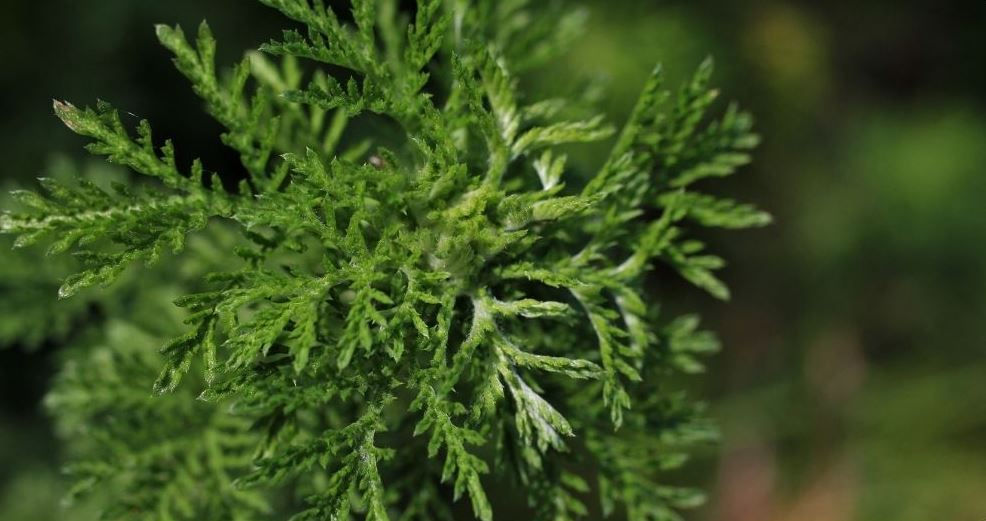
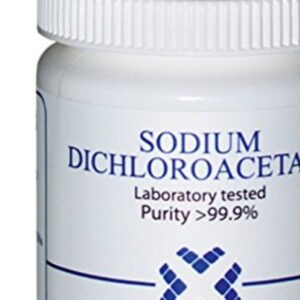
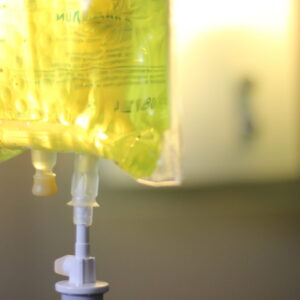
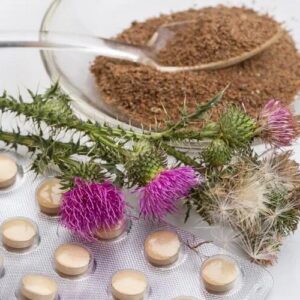
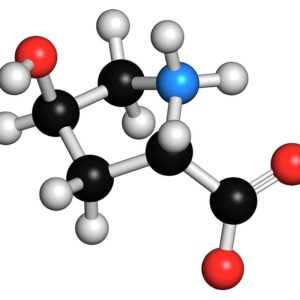
Reviews
There are no reviews yet.